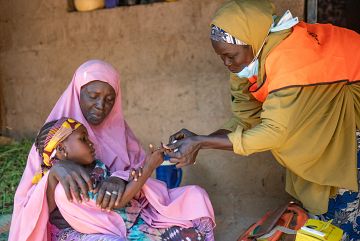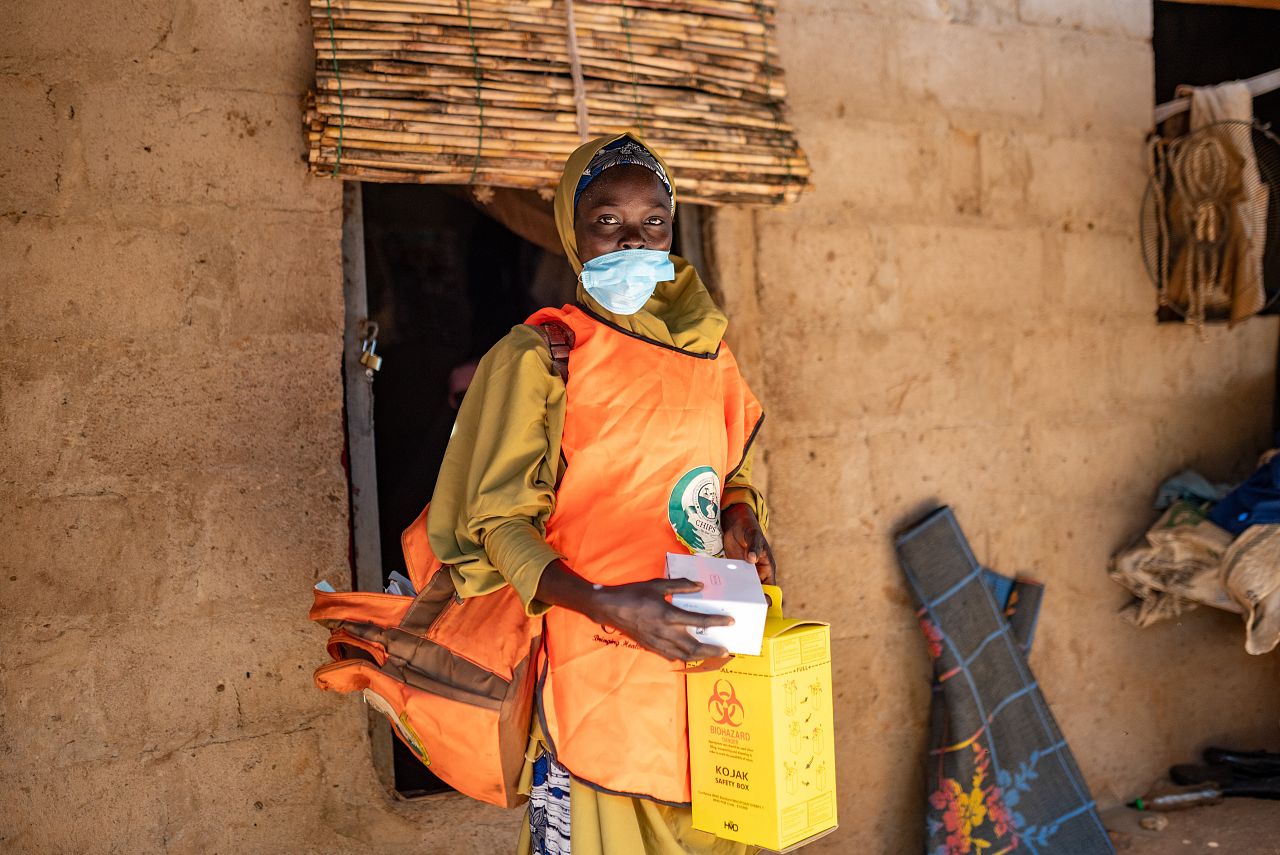UN High level meeting puts spotlight on essential investments for universal health coverage
21 September 2023
Today in New York during the United Nation (UN)’s 78th General Assembly, a High-level meeting (UN HLM) on universal health coverage (UHC) convened nations and stakeholders with a shared vision for reinvigorating progress towards delivering health for all and creating resilient, equitable health systems.
UHC, a pivotal 2030 Sustainable Development Goal (SDG), aspires to ensure that all people, everywhere can access quality care when and where needed. This includes access to health promotion, prevention, treatment, rehabilitation, and palliative care. Despite notable advances in health service coverage since 2000, momentum has plateaued since 2015, as highlighted in the recent World Health Organization’s Global Monitoring Report. The period between 2019 and 2021 saw a stagnation in progress, partly due to worsening financial hardship from out-of-pocket health spending and partly due to slowing expansion of essential health services.
Three years ago, at the UN HLM held in 2019, heads of state and governments made commitments as part of the Political Declaration to dismantle financial barriers to quality, safe, effective, affordable and essential health services in addition to scaling up efforts to promote the recruitment and retention of community health workers. The effectiveness of this year’s UN HLM in facilitating accelerated progress towards achieving the 2030 SDG targets will hinge, in large part, on whether the necessary resources are channelled towards these commitments, strengthened by rigorous accountability measures and tangible, action-oriented results.
A key discussion area for the meeting was exploring the crucial role of primary health care. Attending the event, Dr Radhika Khanna Hexter, Malaria Consortium’s Senior Technical Advisor, commented: “Primary health care is a pivotal platform through which to address barriers to access and tackle disease burden, providing a route to connect communities with accessible, quality health services delivered equitably and without putting financial restraints on users. Malaria Consortium has a 20-year history of working with ministries of health and directly with communities implementing disease control interventions like seasonal malaria chemoprevention and integrated community case management initiatives, that do just this”.
UHC is a national commitment in the countries where Malaria Consortium works across Africa and Asia. “Our vision of a malaria free world where all people have access to the full spectrum of health services they need, from health prevention to treatment in support of their overall health and well-being is within our reach. Community health workers will play a pivotal role in ensuring that we can make real progress towards this” added Dr Khanna Hexter.
At the forefront of this endeavour is the strategy of integrated community case management (iCCM), empowering community health workers (CHWs) to administer vital health services for common childhood illnesses, including malaria, pneumonia and diarrhoea. These diseases are preventable and manageable but only if they are identified early. In 2019, the Nigerian Federal Ministry of Health adopted a new CHW model called Community Health Influencers, Promoters and Services (CHIPS) to improve access to coverage of basic primary healthcare in rural communities. Malaria Consortium has supported the introduction of CHIPS in hard-to-reach communities across the country by harmonising iCCM and CHIPS modules, training CHIPS agents and providing them with malaria and non-malaria commodities.
 Hadiza, a CHIPS agent visits a household in her community near Dutse, Nigeria, to conduct a rapid diagnostic test (RDT) to detect malaria. If a positive test is found, the child will be referred to the local health facility.
Hadiza, a CHIPS agent visits a household in her community near Dutse, Nigeria, to conduct a rapid diagnostic test (RDT) to detect malaria. If a positive test is found, the child will be referred to the local health facility.
To help ensure country programmes continue to progress UHC, Malaria Consortium has developed a UHC Action Plan and UHC Country Assessment Tool.
Read Malaria Consortium’s capacity statement on integrated community case management
Read Malaria Consortium’s technical brief on universal health coverage
Related content
20 September 2023
Integrated community case management
21 September 2023Paving the way for universal health coverage
9 December 2022Universal health coverage
Latest news
- Malaria Consortium honoured by Ugandan government for contribution to combat malaria23rd April 2024
- International summit calls for AMR accountability in public health interventions21st March 2024
- Global SMC community celebrates new milestone at SMC Alliance Annual Meeting in Nigeria6th March 2024
- Scaling up key interventions could halve pneumonia-related childhood mortality13th February 2024
- Malaria Consortium and eGov Foundation join Mozambique’s national malaria programme to digitalise seasonal malaria chemoprevention campaigns8th February 2024
- World’s first malaria vaccine rollout launched in Cameroon22nd January 2024